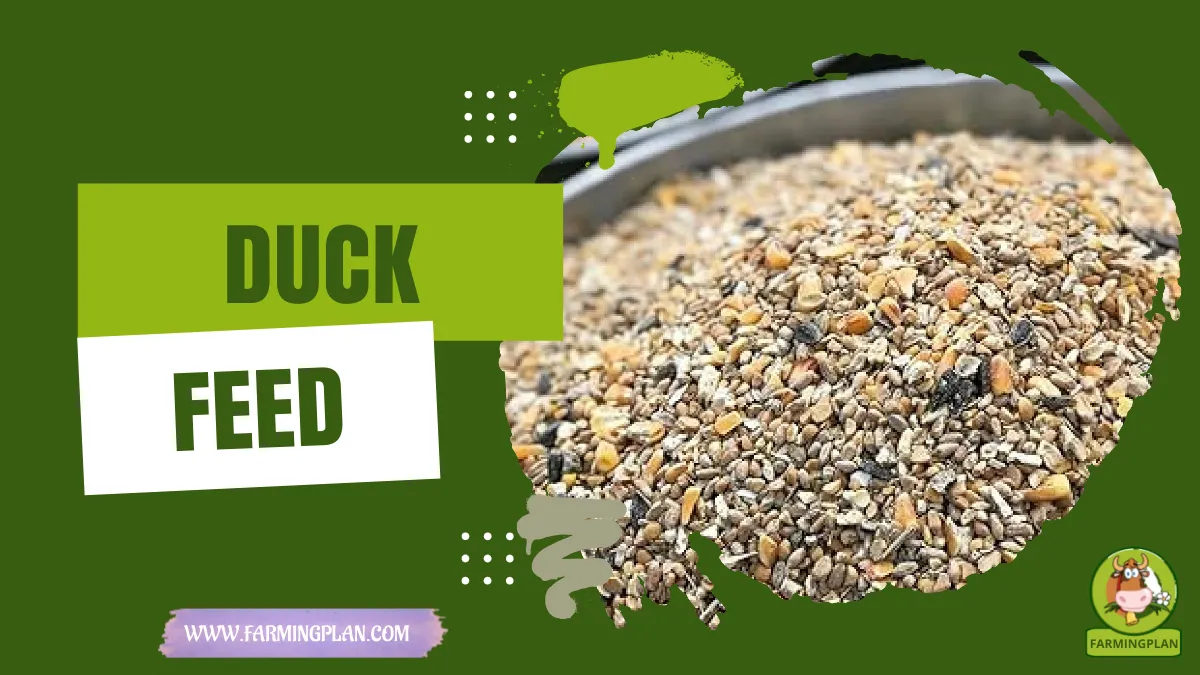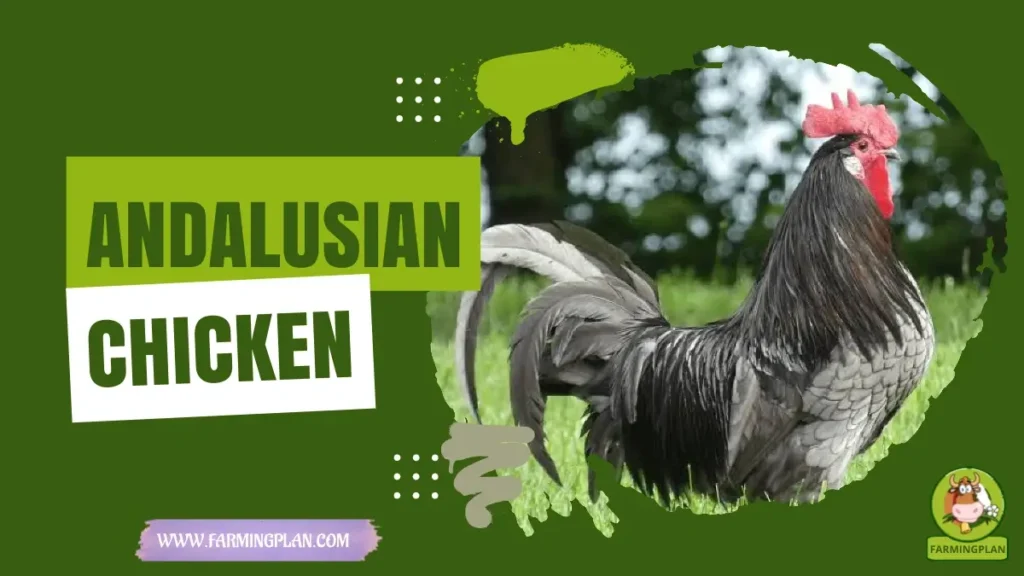Duck feed is the most important factor of duck farming. First and foremost, remember that ducks are waterfowl. In their natural environment, they feed on algae, insects, fish, plants, seeds and some pebbles or grit (we will explain later why). In parks and lakes frequented by humans, it is common to see that they are fed with practically anything (cookies, masses or leftovers from the picnic basket). This is not good for ducks.
If you ask most birdwatchers when their first personal interaction with a wild bird happened, many would say they fed the ducks at local parks or ponds as children. While there is some controversy over whether feeding wildlife should be done in general and despite this difference of opinion among conservationists and city officials alike- if one feels inclined then knowing what foods are healthy choices will help facilitate an experience where everyone involved leave feeling satisfied (and maybe even content).

Duck Feed
Domestic ducks that live as pets, must be fed using duck feed, which is obtained in veterinary and local poultry sales. Bear in mind that this type of food is meant for fattening, so rations should not be so abundant and we must complement with green vegetables, carrots, and some vitamin supplements (consult your veterinarian, he will know how to help your duck).
We can feed domestic ducks with crushed grain or flour (corn, rice, barley, heart, sorghum, rice bran or other grains). Also cotton, peanut and sunflower seeds may serve, albeit to a lesser extent, because of their high-fat content.
To avoid mineral deficiencies, when our duck does not have the possibility to walk the earth, we must provide a bone meal, eggshell or crushed shells together with the feed. This will prevent common problems in the legs and egg failures. In addition, the digestive system of the duck has an organ in which accumulates small pebbles to help crush the food.
Can they eat leftover food from humans?
It is not convenient, providing the food we eat will be hurting your pet. However, we can use some leftovers from the kitchen after cutting them, boiling them and mixing them with flour.
Tricks to Recognize problems in duck feeding
Poultry show symptoms that are easy to distinguish when they lack nutrients essential for growth. Therefore we can recognize the lack of:
Proteins
The lack of proteins causes a weakening of our pet, which generates a greater possibility of contracting infections. In addition, in ducklings, growth is affected and may present problems in its development.
Minerals
The problems in the bones of the legs, caused by the lack of minerals cause problems to walking to our domestic duck as they are curved. Also, during laying, eggs may appear without a shell or with a softshell.
Vitamins
If the toes curl inward, the feathers remain bristling. We see that our pet has problems walking or there are exudations (release liquid) in the nose and eyes. We are facing a probable failure of vitamins. Vitamin additives and vegetables help prevent and resolve these problems.
Important data
Ducks are animals that adjust the consumption of food very well to their energy needs, ranging from 2,400 to 3,200 Kcal/kg of ME, without any changes in weight at slaughter. It is necessary to adjust the amino acid and mineral inputs, according to the energy content of the diets.
Thus, a food high in energy should have a higher concentration of amino acids and minerals, than another with lower energy content. With respect to protein requirements, these are high in the onset phase, although, because they have significant compensatory growth, it is not necessary that there is a significant contribution at this stage since they can obtain a similar slaughter weight with fewer rations Rich.
There are 12 amino acids that birds are not able to synthesize, so they are considered essential. If the diet contains the appropriate carbonate skeletons and a sufficient amount of nitrogen enables the amino groups to be obtained. The other amino acids can be synthesized by the bird.
Some of them are essential such as arginine, lysine, methionine, cystine, threonine, and tryptophan. The birds have very special needs of mineral salts, among which are the macro and micro minerals. Among the first, Ca, P, Mn, Mg, K, Na, and Cl stand out.
In the same way, the vitamin requirements are delivered through supplements or vitamin nuclei. Ducks should be given a balanced food ratio, which must be available during all hours of the day.
Generally, they are given rations containing all the ingredients mixed. Grains, protein products, fats, mineral and vitamin supplements, growth stimulants, etc. The form of the food that is better accepted is granules or pellets, not-so-ground foods.
FAQ
What is the best feed for ducks?
The best feed for ducks is a balanced diet of grains, greens, insects, and worms. Ducks require a variety of foods to stay healthy. Grains such as corn, wheat, barley and oats are important sources of energy for ducks. Greens such as grasses, aquatic plants and vegetable matter provide essential vitamins and minerals. Insects such as earthworms, slugs, beetles and caterpillars provide an important source of protein. Finally, worms are a favorite treat for ducks and can be found in ponds or streams. Feeding ducks the proper diet is essential for their health and development. It’s also important to make sure that duck feed is not contaminated with pesticides or other chemicals, since this can be dangerous for the birds.
What do most ducks eat?
Most ducks eat a variety of foods including grains, greens, insects and worms. Grains such as corn, wheat and oats are important sources of energy for ducks while greens provide essential vitamins and minerals. Insects such as earthworms, slugs, beetles and caterpillars provide an important source of protein. Finally, worms are a favorite treat for ducks and can be found in ponds or streams. Ducks should also have access to fresh, clean water so they can stay hydrated. Feeding ducks a balanced diet is essential for their health and development. It’s also important to make sure that duck feed is not contaminated with pesticides or other chemicals, since this can be dangerous for the birds.
What is the best way to provide feed for ducks?
The best way to provide feed for ducks is through a combination of grains, greens, insects and worms. Grains such as corn, wheat, barley and oats are important sources of energy for ducks while greens provide essential vitamins and minerals.
Can you feed ducks chicken feed?
No, you should not feed ducks chicken feed. Chicken feed is not appropriate for the nutritional needs of ducks and can contain chemicals which are dangerous for them. The best diet for ducks includes a balanced combination of grains, greens, insects, and worms. These provide essential energy and nutrition for the birds.
What do ducks eat daily?
Ducks eat a variety of foods daily, including grains, greens, insects and worms. Grains such as corn, wheat and oats are important sources of energy for ducks while greens provide essential vitamins and minerals. Insects such as earthworms, slugs, beetles and caterpillars provide an important source of protein. Finally, worms are a favorite treat for ducks and can be found in ponds or streams. Ducks should also have access to fresh, clean water so they can stay hydrated. Feeding ducks a balanced diet each day is essential for their health and development.
Conclusion
Ducks are waterfowl. In their natural environment, they feed on algae, insects, fish, plants and seeds. They also need grit in order to digest food properly. It is important that you keep this in mind when feeding them because it will impact the quality of your duck meat or eggs produced by your ducks later on down the line! This guide has hopefully helped point out what not to feed your ducks so you can get better tasting products from them – good luck with raising these beautiful animals at home!
As A Reference: Duck Feed

